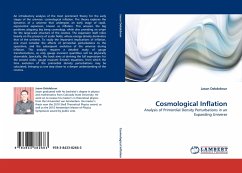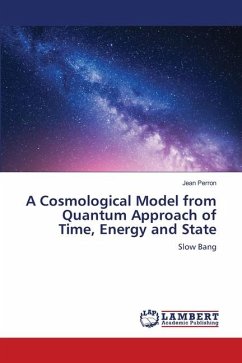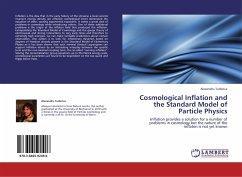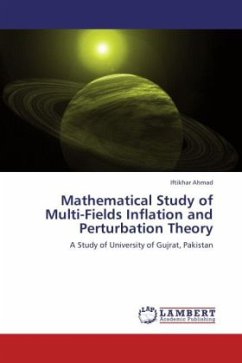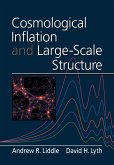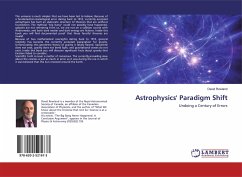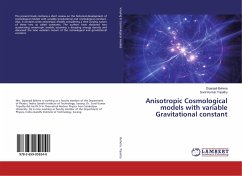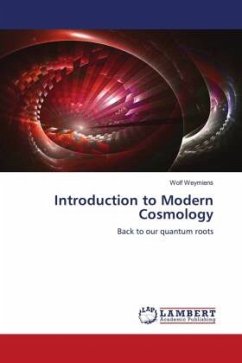An introductory analysis of the most prominent theory for the early stages of the universe: cosmological inflation. The theory explores the dynamics of a universe that undergoes an early stage of rapid, exponential expansion, known as inflation. This answers the big problems plaguing big bang cosmology, while also providing an origin for the large-scale structure of the cosmos. The expansion itself relies heavily on the presence of scalar fields, whose energy density dominates that of the universe. To study the important implications of inflation, one must consider the effects of primordial perturbations to the spacetime, and the subsequent evolution of the universe during inflation. This analysis requires a detailed study of gauge transformations, as only gauge invariant quantities will be physically observable. Specically, this book aims at deriving the full expressions for the second order, gauge invariant Einstein equations, from which the time evolution of the primordial density perturbations may be calculated, bringing us one step closer to a deeper understanding of the cosmos.

